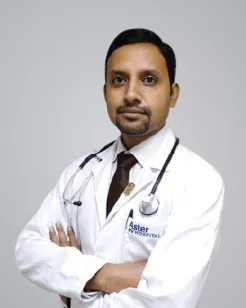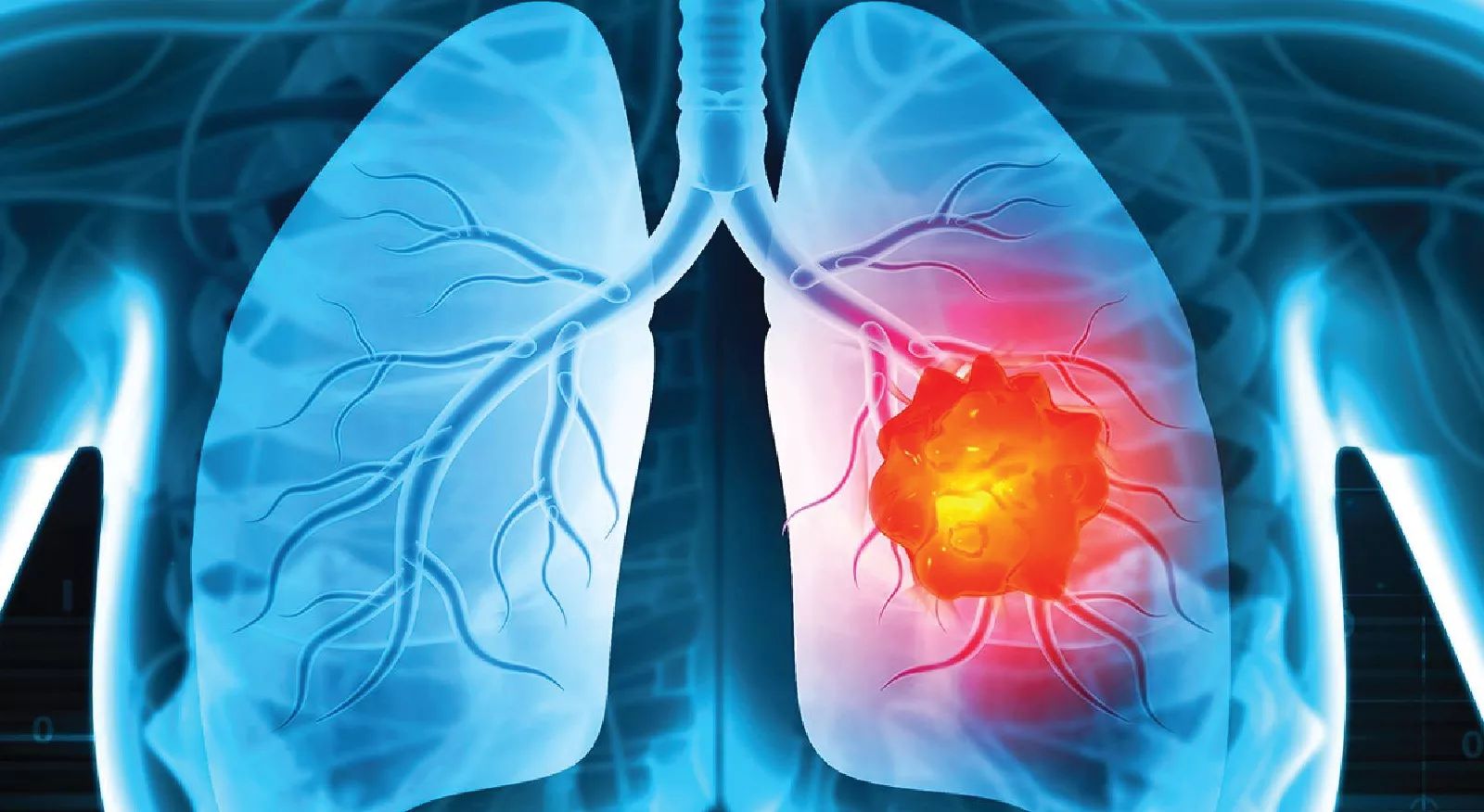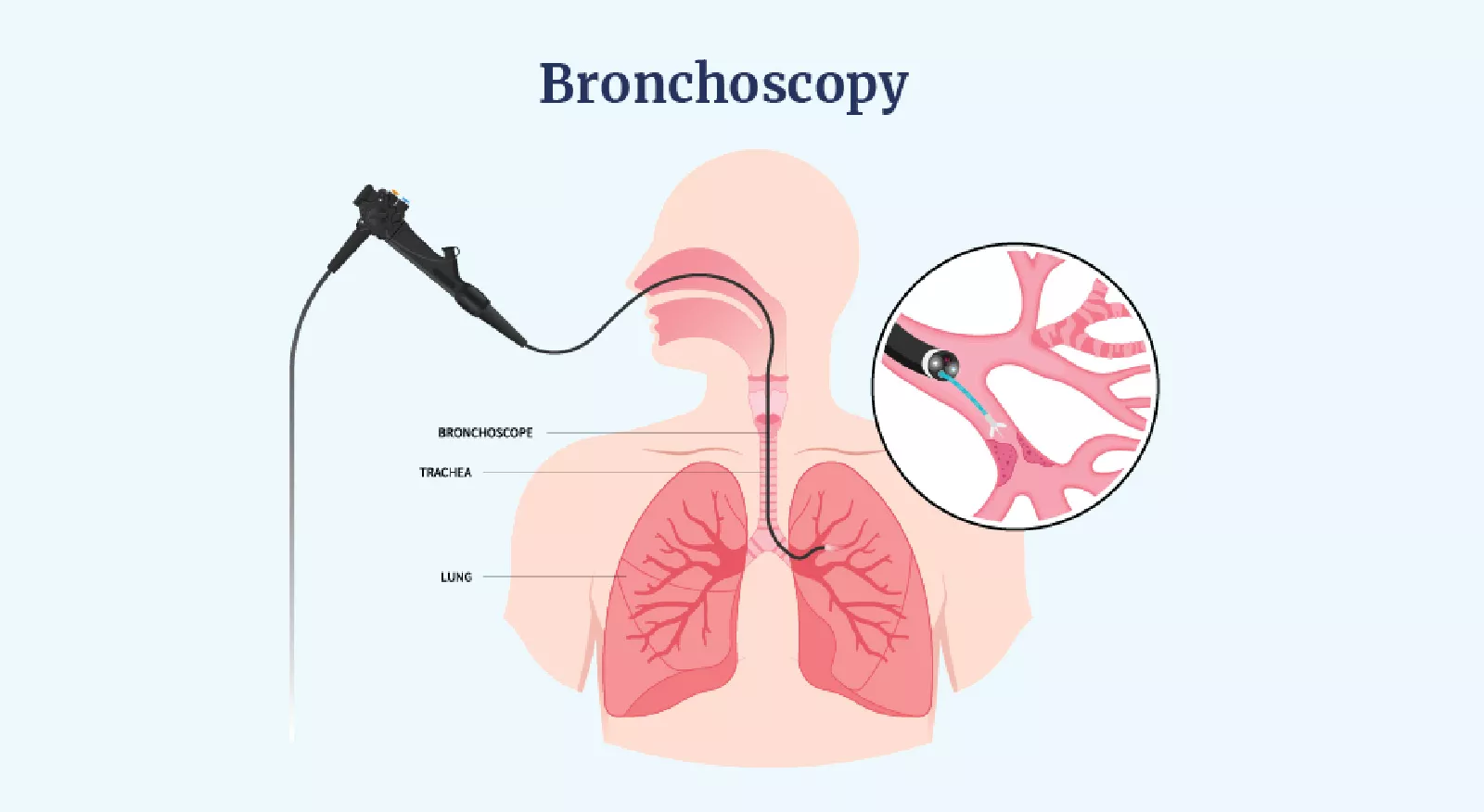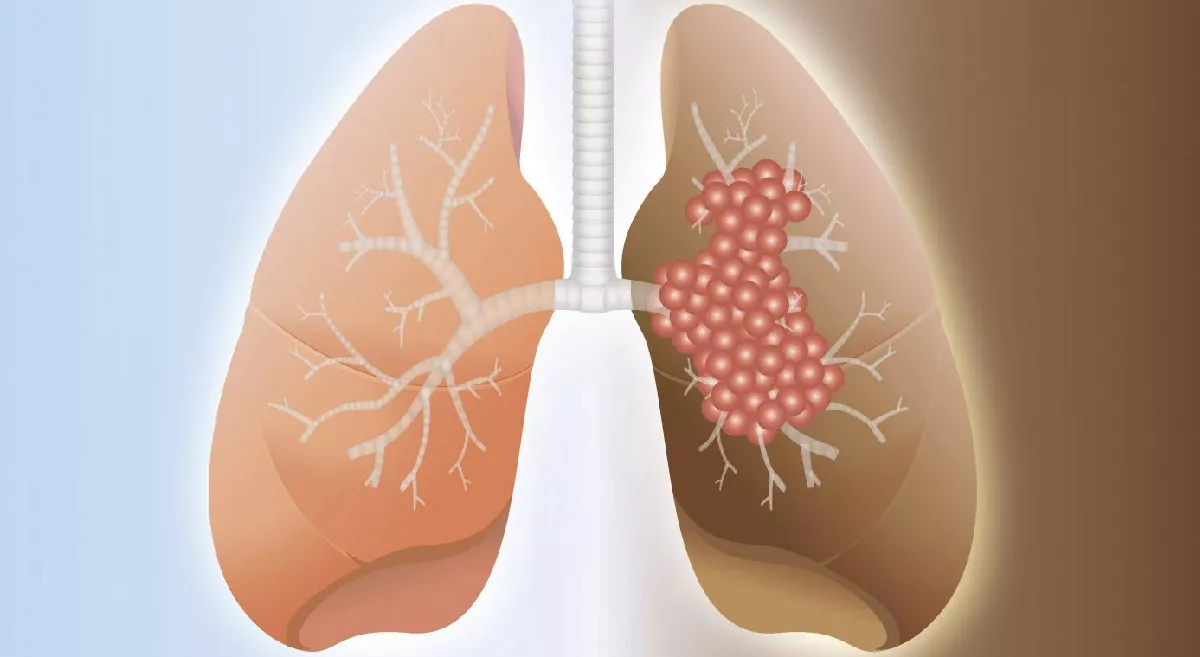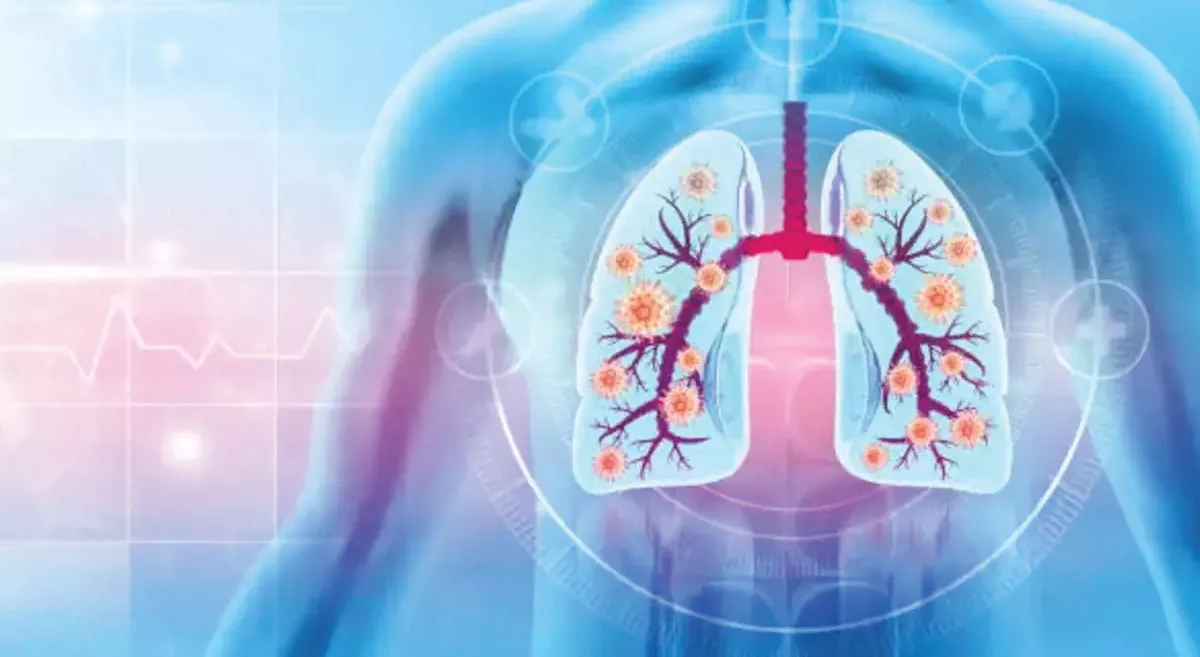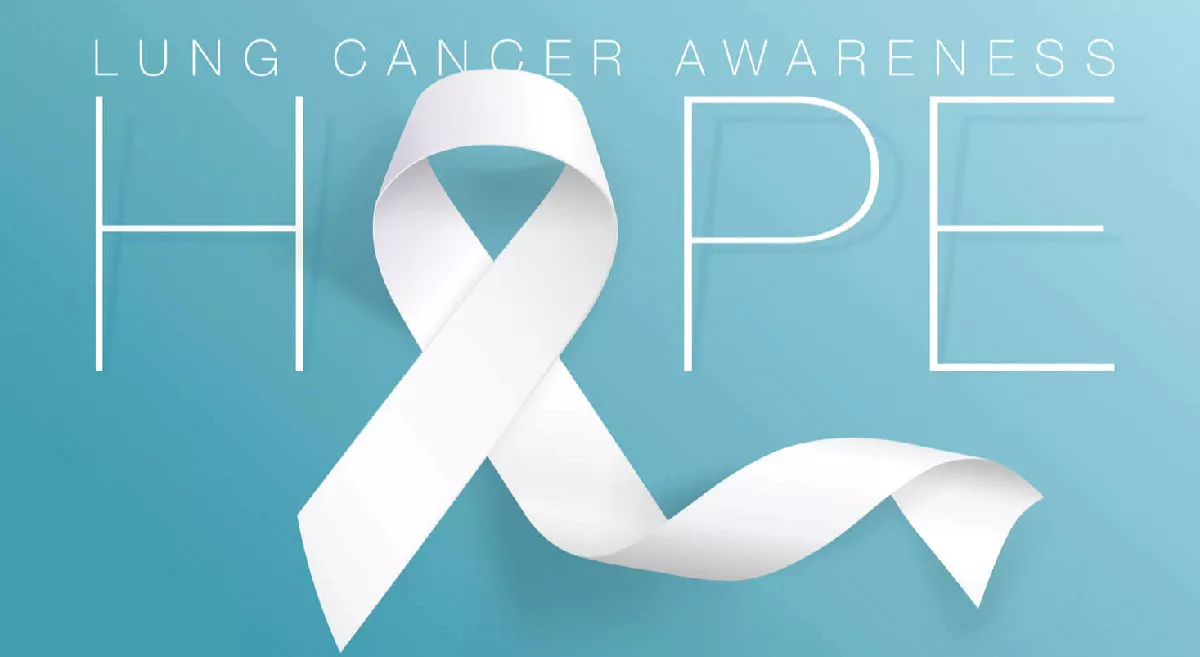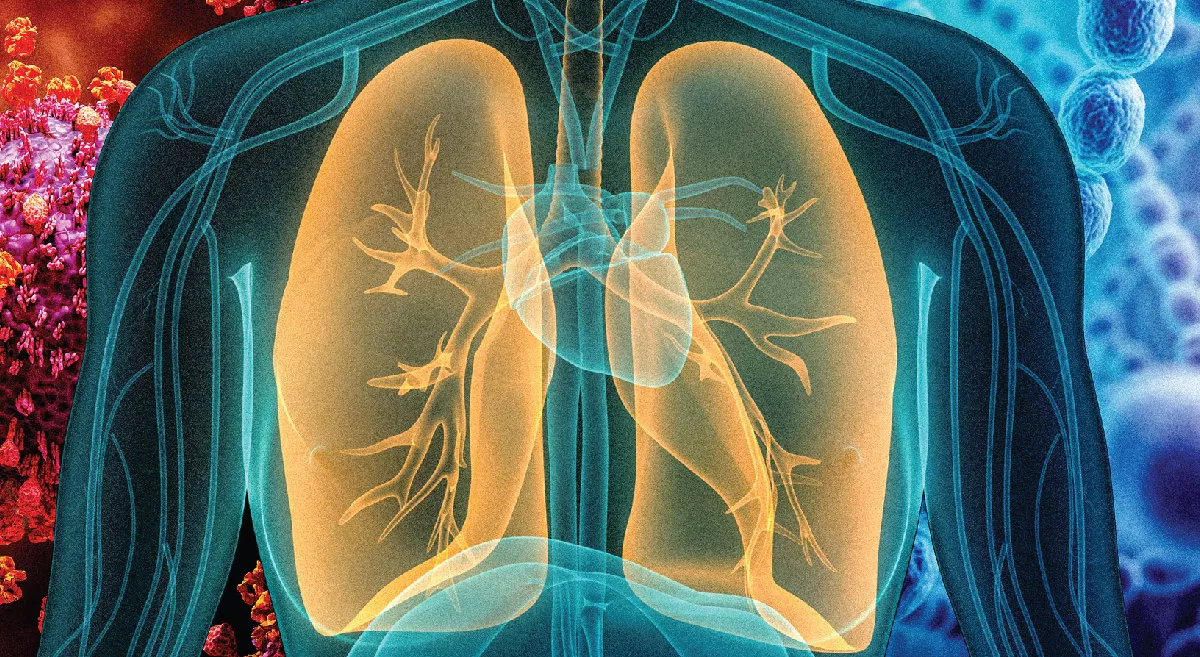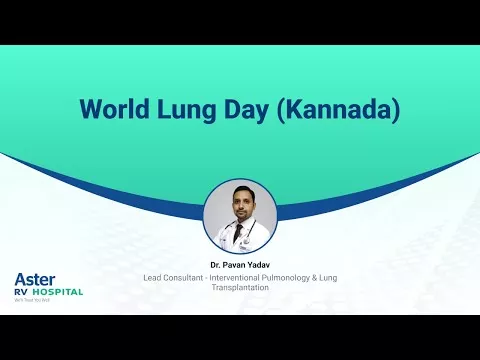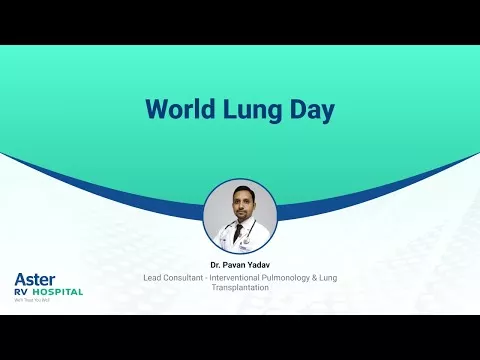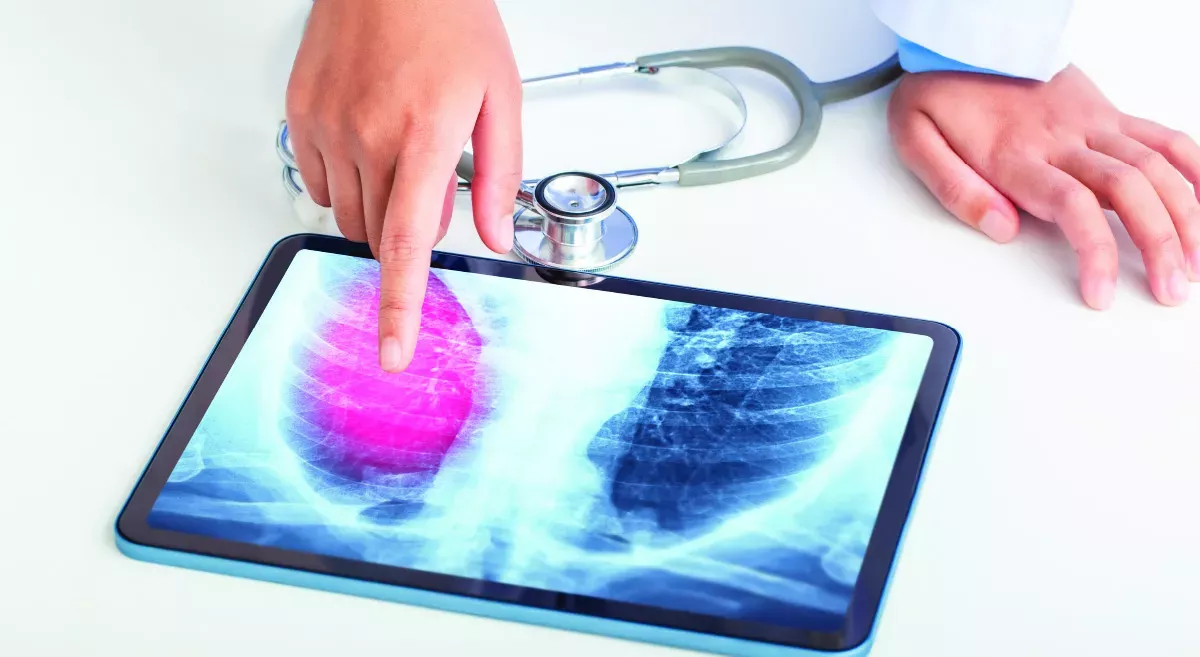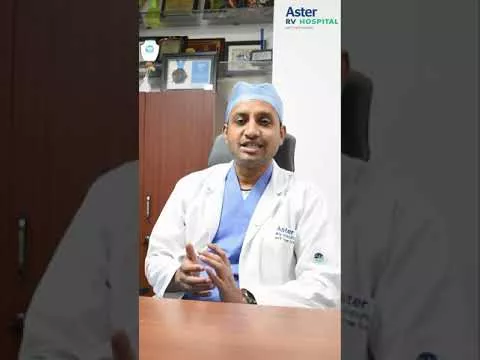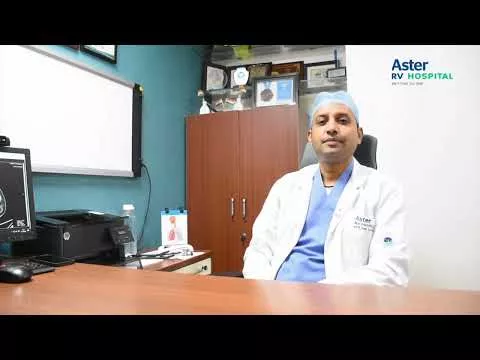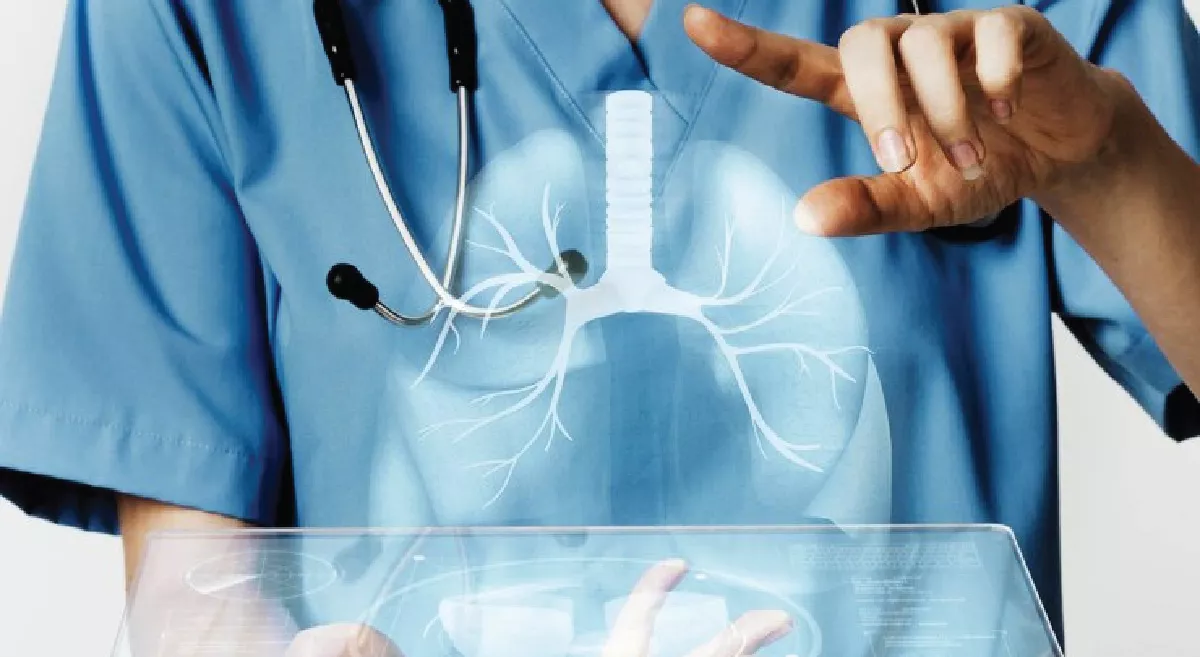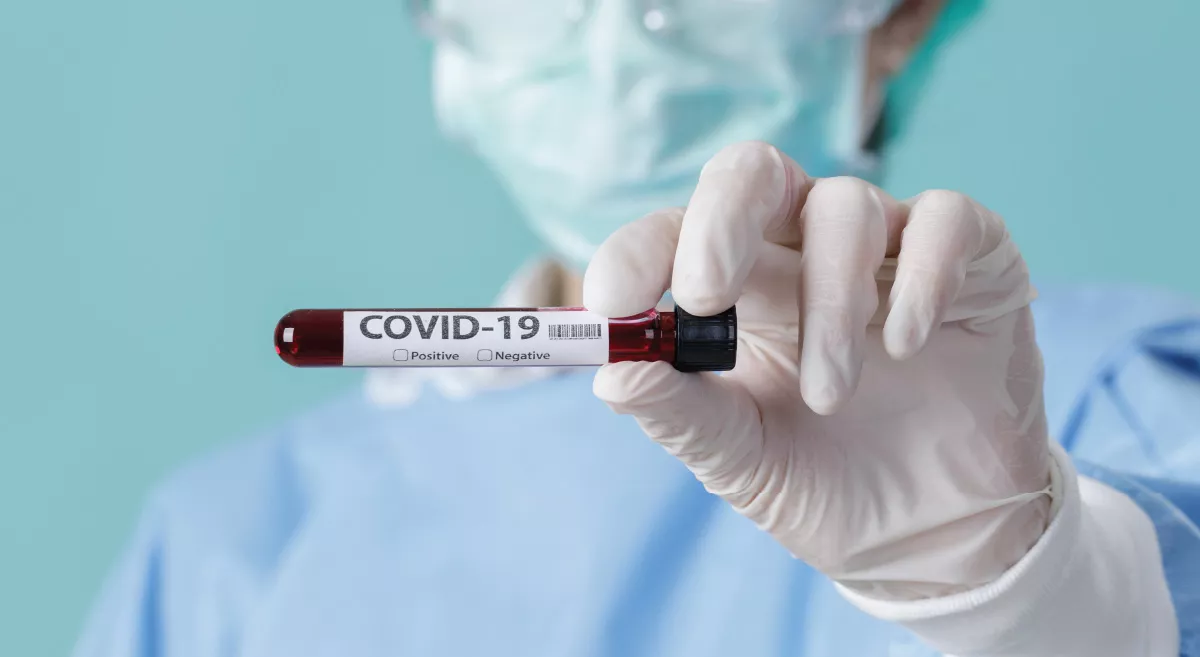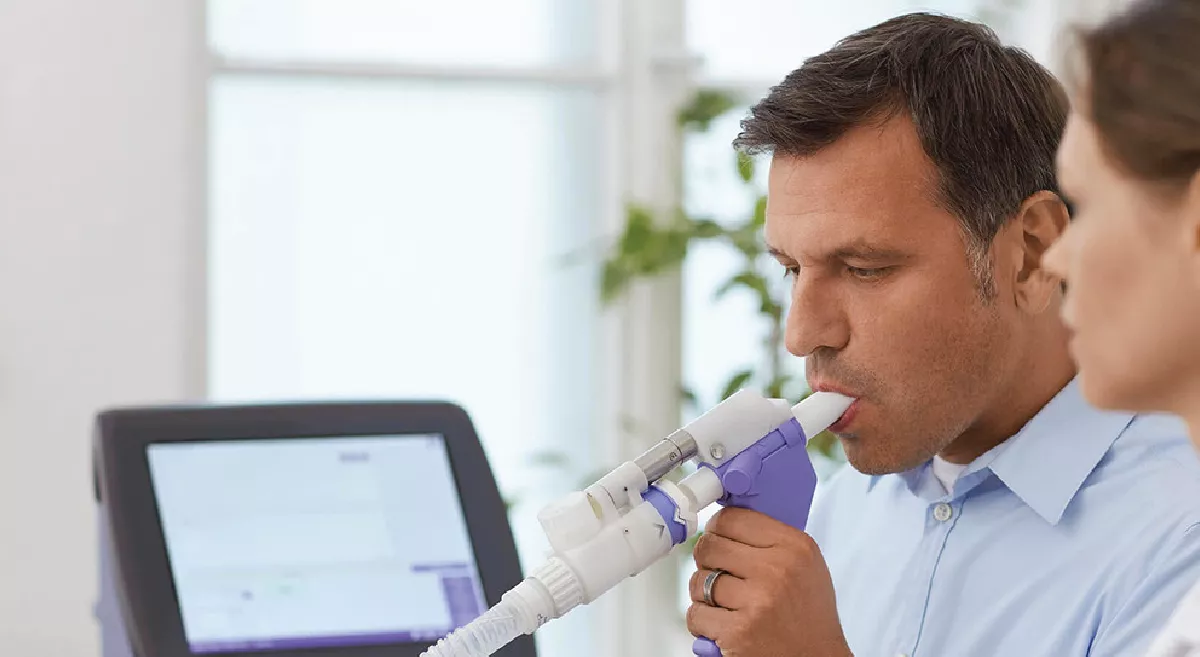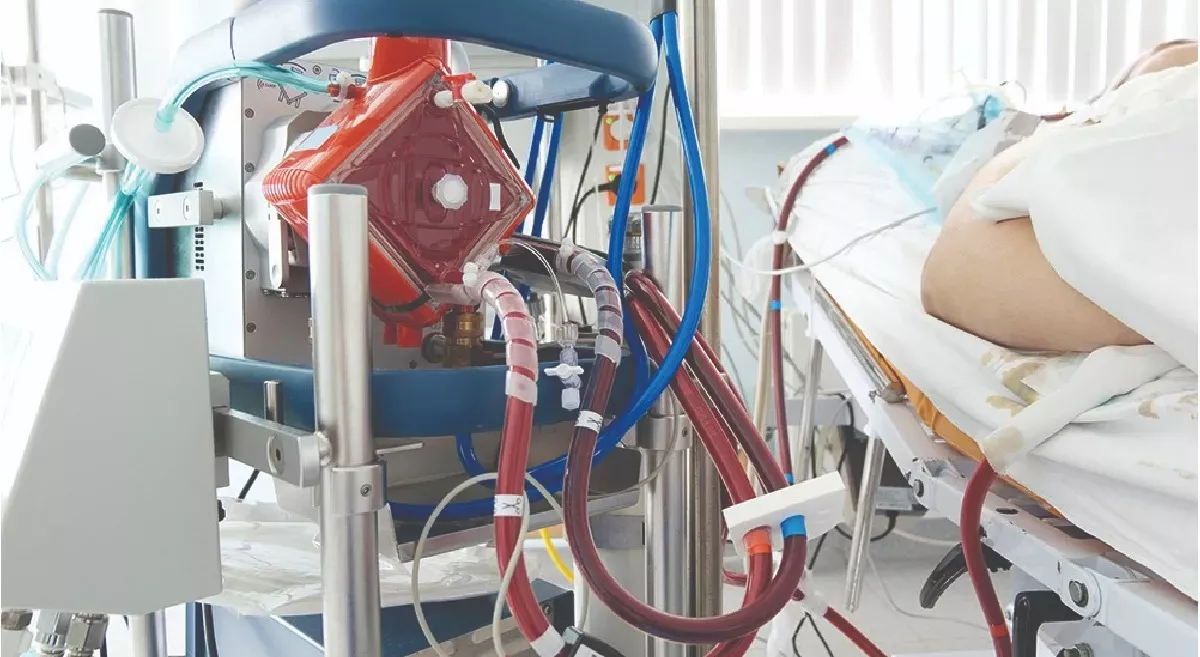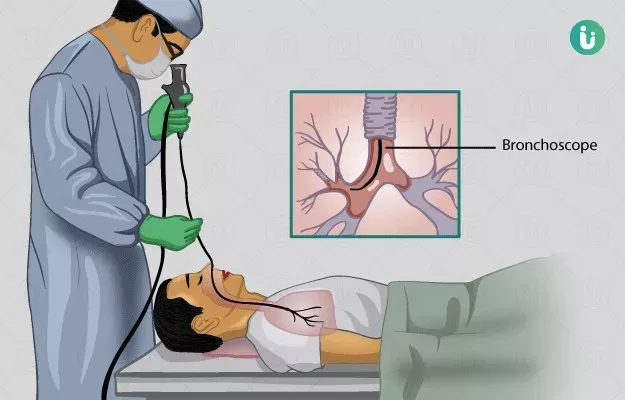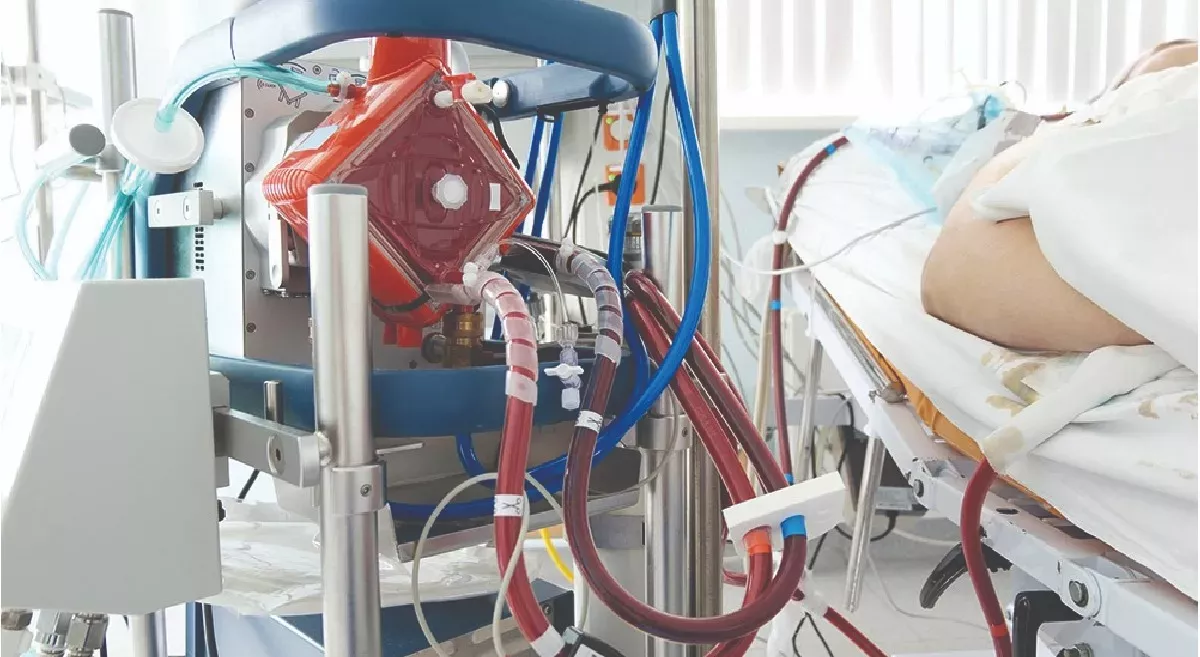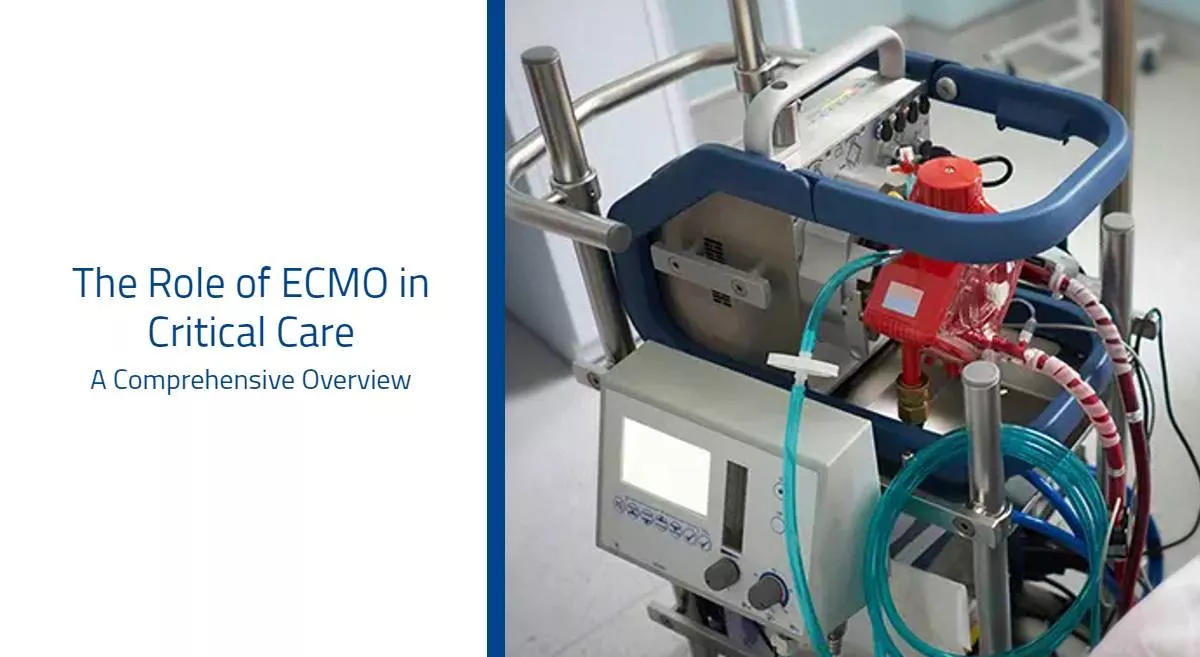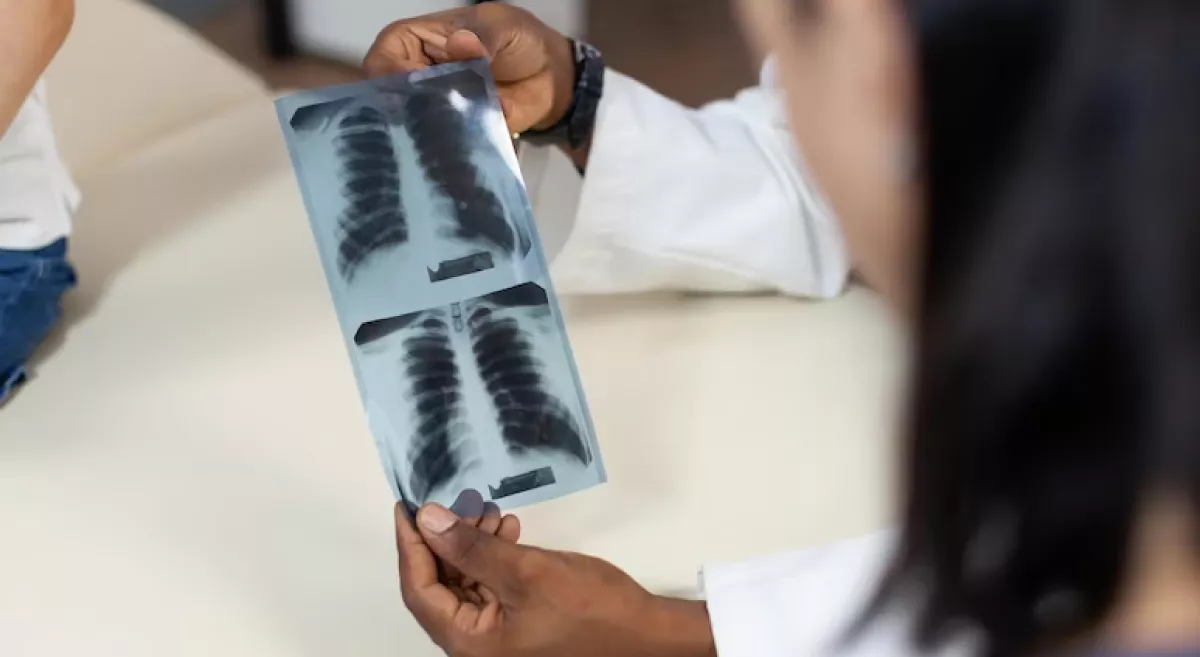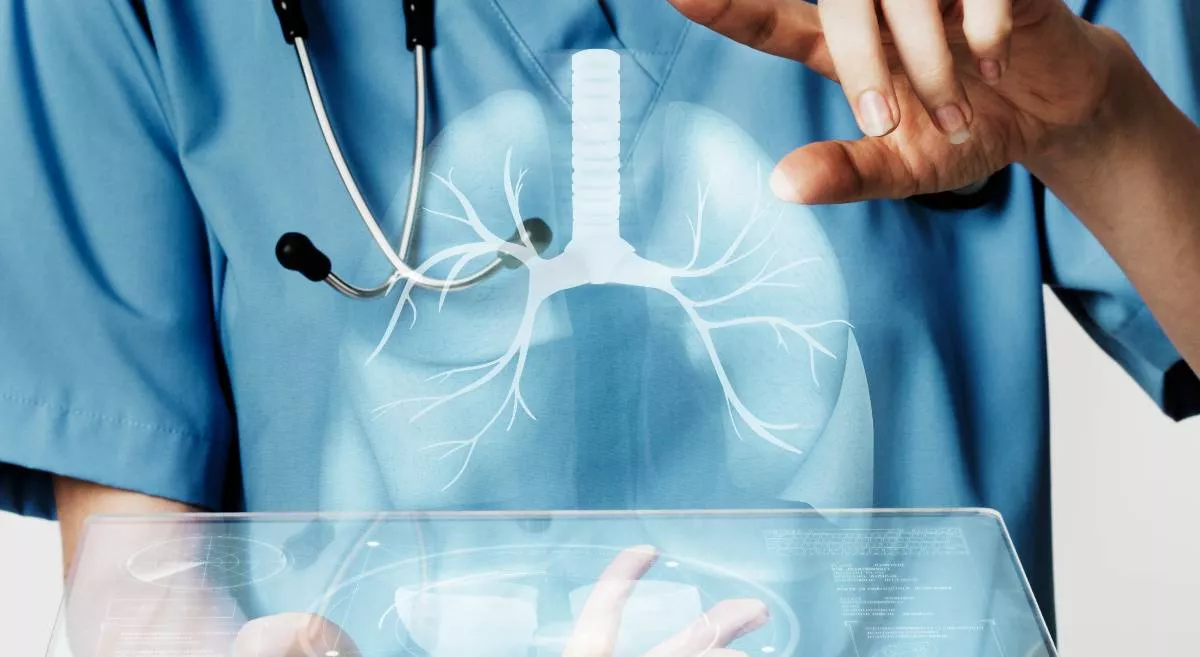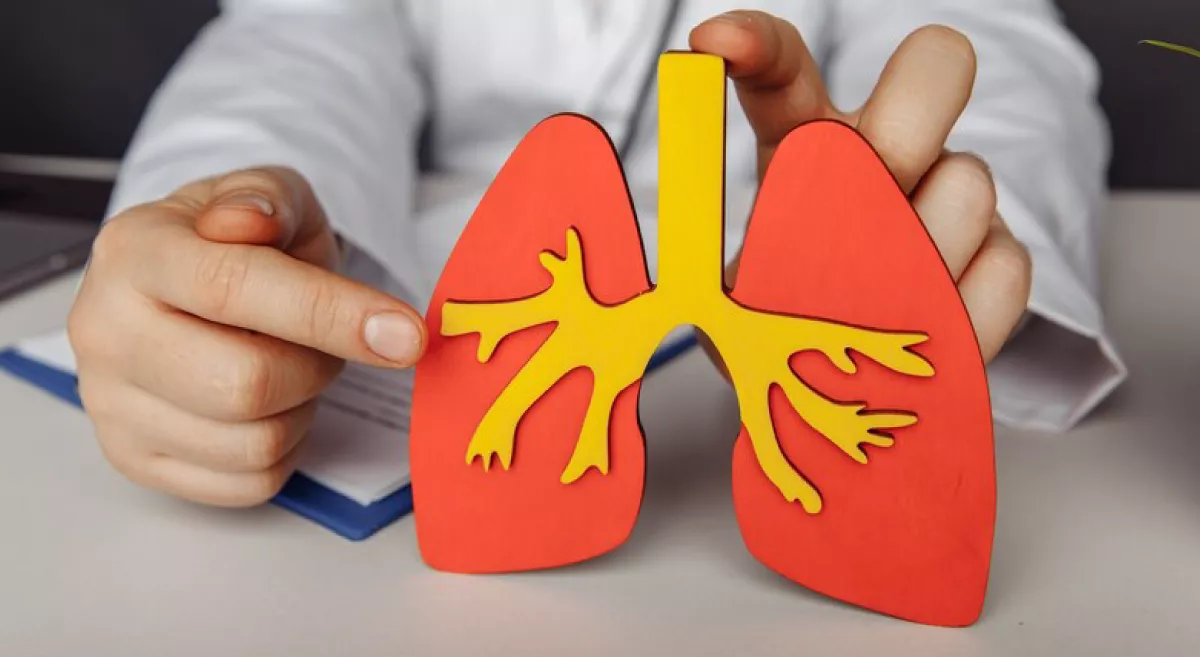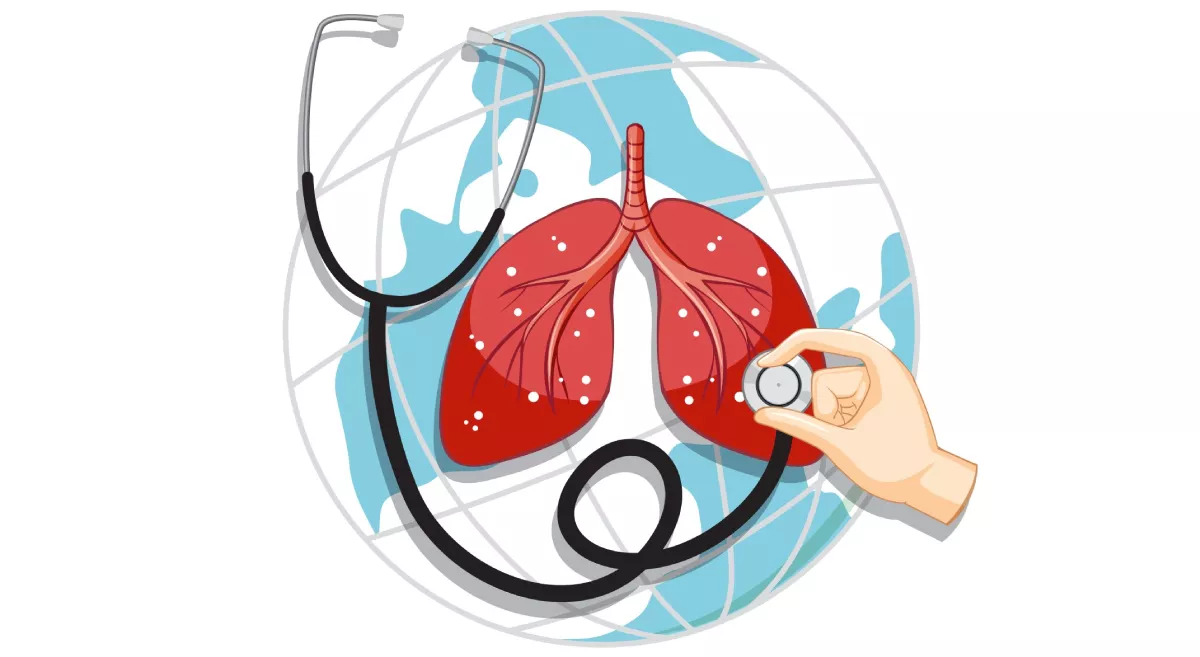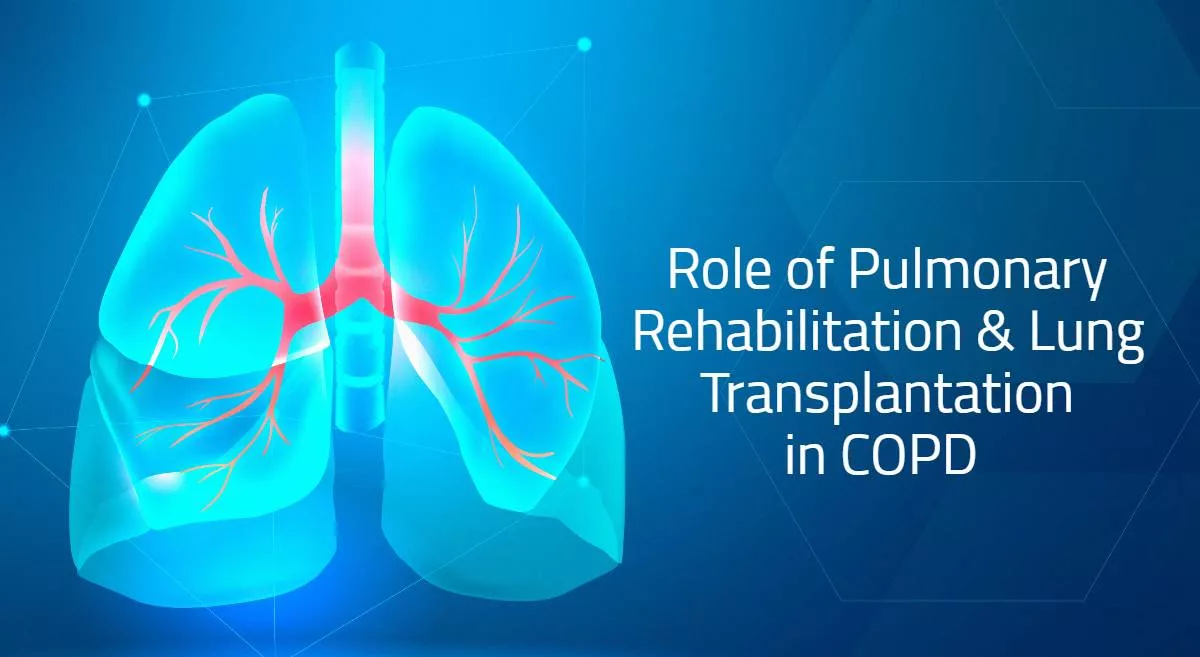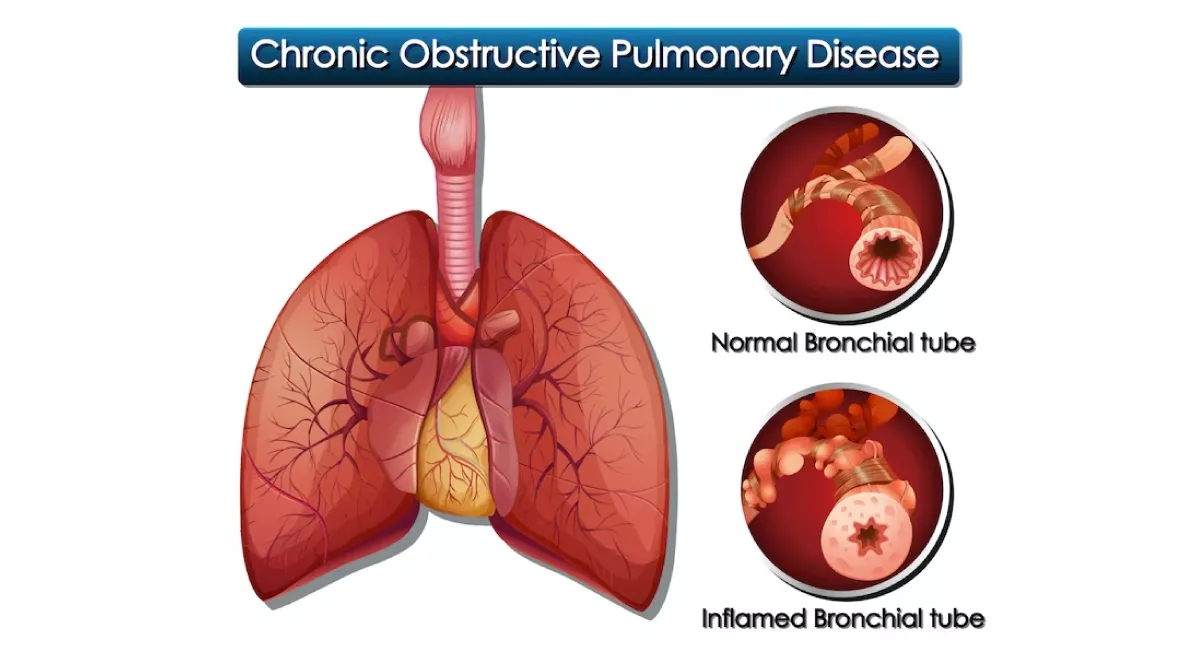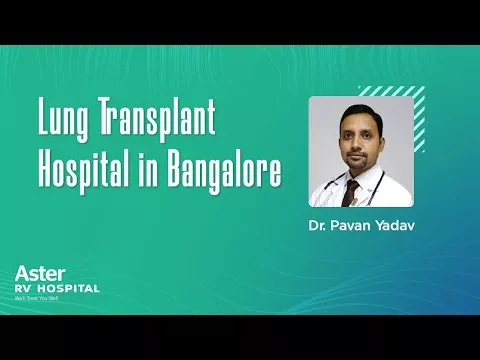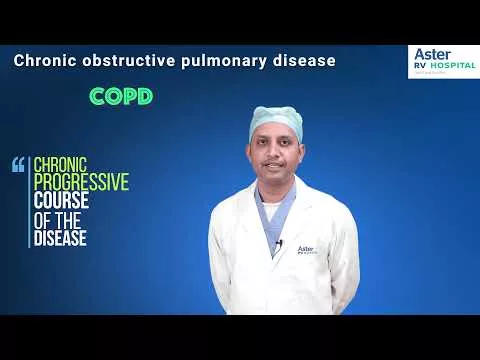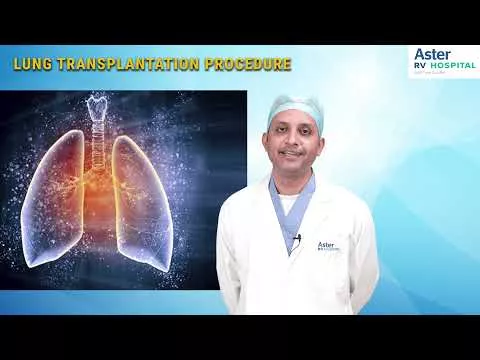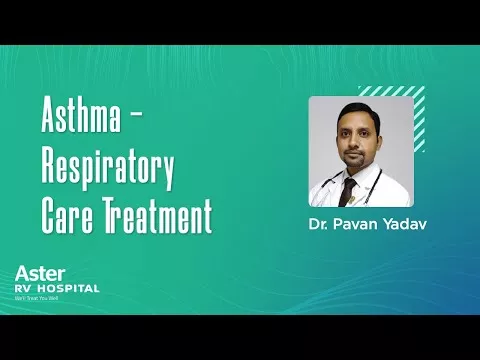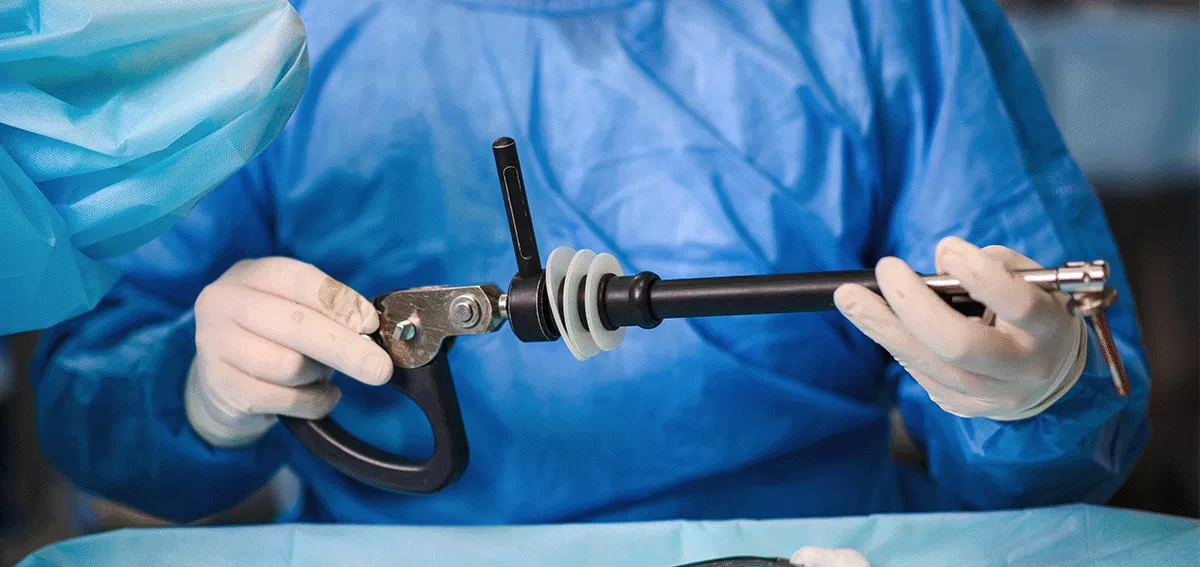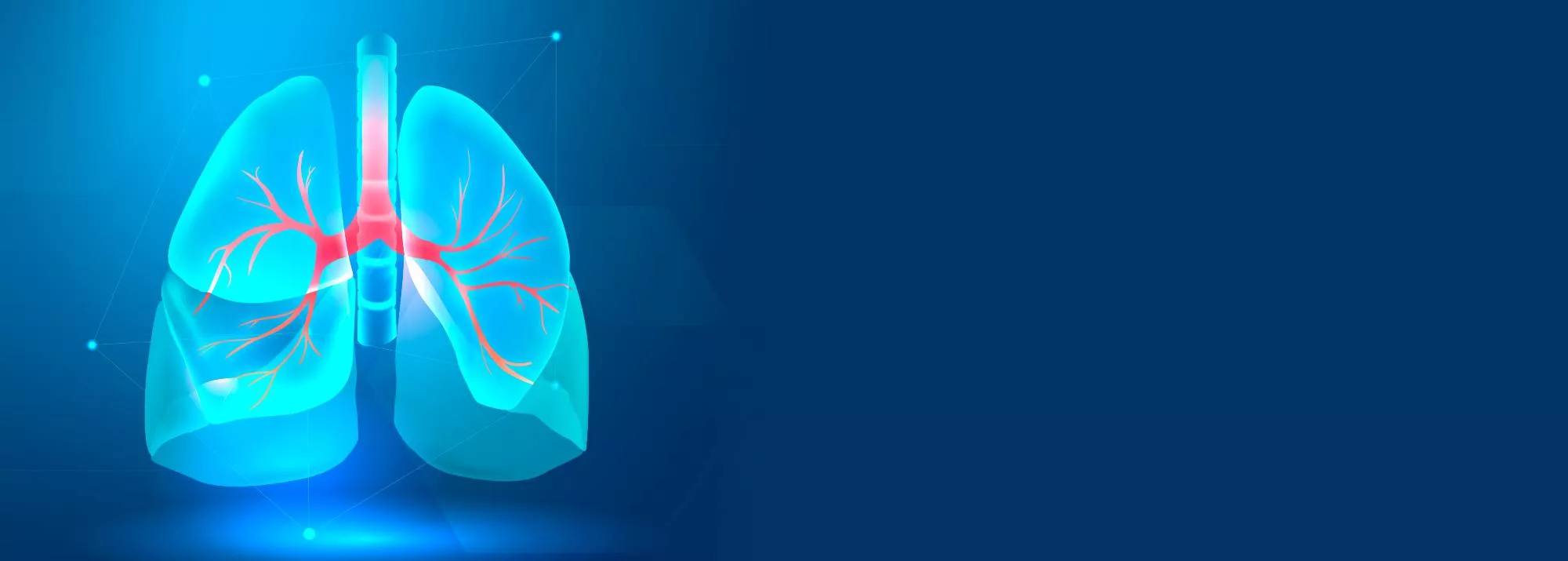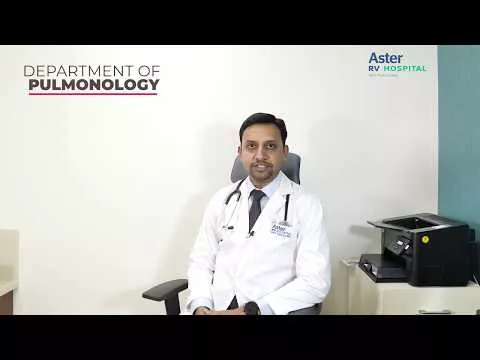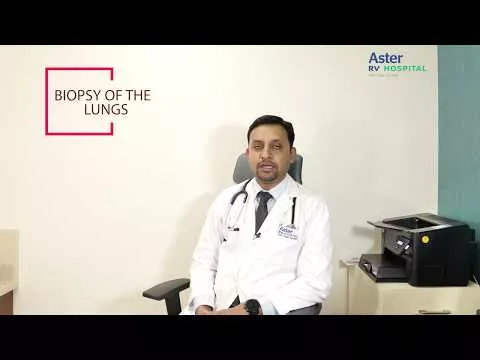Challenges in Treating Tuberculosis:
Diagnostic Delay: Due to symptoms overlapping with common respiratory diseases, there's often a delay in TB diagnosis.
Adherence to Treatment: Ensuring patients complete the long treatment regimen is a challenge, often leading to drug resistance.
Comorbid Conditions: Managing TB in patients with comorbidities, such as HIV or diabetes, requires careful consideration and often complicates treatment.
Common Misconceptions about Tuberculosis:
- Myth: Tuberculosis Only Affects the Lungs
- Reality: While TB primarily affects the lungs (pulmonary TB), it can also affect other parts of the body, such as the brain, spine, and kidneys (extrapulmonary TB). This misconception might delay the diagnosis and treatment of extrapulmonary TB cases.
- Myth: Tuberculosis is a Disease of the Past
- Reality: Many people believe TB is a disease that no longer poses a significant threat, often associating it with historical epidemics. However, TB remains a leading cause of death from infectious diseases worldwide, particularly in developing countries like India.
- Myth : Incurability- A common myth is that TB is incurable, whereas it is highly treatable with proper medication and adherence to the treatment plan.
- Myth : Stigma -TB is often associated with stigma, leading to delayed diagnosis and treatment.
- Myth: Tuberculosis is a Disease of Poverty
- Reality: While TB is more prevalent in low-income populations due to factors like crowded living conditions and limited access to healthcare, it can affect individuals of any socioeconomic status. Associating TB exclusively with poverty can lead to stigmatisation and under-diagnosis in higher-income groups.
- Myth: Tuberculosis is Always Curable
- Reality: While most TB cases are curable with proper treatment, drug resistant TB strains pose a significant challenge. Treatment for drug resistant TB is more complex, less effective, and can have severe side effects.
Preventing the Spread of Tuberculosis:
- Early Detection and Treatment: Prompt diagnosis and effective treatment of active TB cases are crucial.
- Vaccination: BCG vaccination in childhood offers partial protection against severe forms of TB in children.
- Public Awareness: Educating the public about TB symptoms, transmission, and treatment can significantly reduce its spread.
Drug-Resistant Tuberculosis in India:
The prevalence of Multi-Drug Resistant TB (MDR-TB) and Extensively Drug-Resistant TB (XDR-TB) in India is a serious public health issue. The complexity of treatment and longer duration required for MDR/XDR-TB pose significant challenges.
Challenges in Treating Drug-Resistant TB:
- Limited Drug Options: Fewer effective drugs are available for MDR/XDR-TB, and these often have more side effects.
- Lengthy Treatment: Longer treatment duration leads to issues with patient compliance and increased risk of further drug resistance.
- Cost and Accessibility: High costs and limited availability of newer drugs for drug-resistant TB are significant barriers.
Promising Treatments for Drug-Resistant TB:
- Newer Medications: Bedaquiline and Delamanid have shown promise in treating MDR/XDR-TB.
- Individualised Therapy: Tailoring treatment regimens based on drug susceptibility testing improves outcomes.
- Combination Therapy: Using a combination of drugs can be effective in managing drug-resistant strains.
Governmental Steps for Tuberculosis Drug Resistance:
- Strengthening Surveillance: Enhancing surveillance systems for early detection of drug-resistant TB cases.
- Access to Quality Drugs: Ensuring availability and affordability of first and second-line anti-TB drugs.
- Public-Private Partnership: Collaborating with private healthcare providers for wider reach and better management of TB.
- Hospital Initiatives: Our hospital has undertaken several initiatives, including:
- Regular Screening at OPD: Conducting TB screening in high-risk patients with atypical presentations.
- Patient Education Programs: Educating patients about TB and the importance of treatment adherence.
- Research and Development: Collaborating in research for better diagnostic methods and treatments for TB.
- State of the art Interventional Pulmonology services: for early diagnosis with least invasive procedures.
- Microbiology services: for early and specific diagnosis of Tubercular infection and drug resistance patterns.

